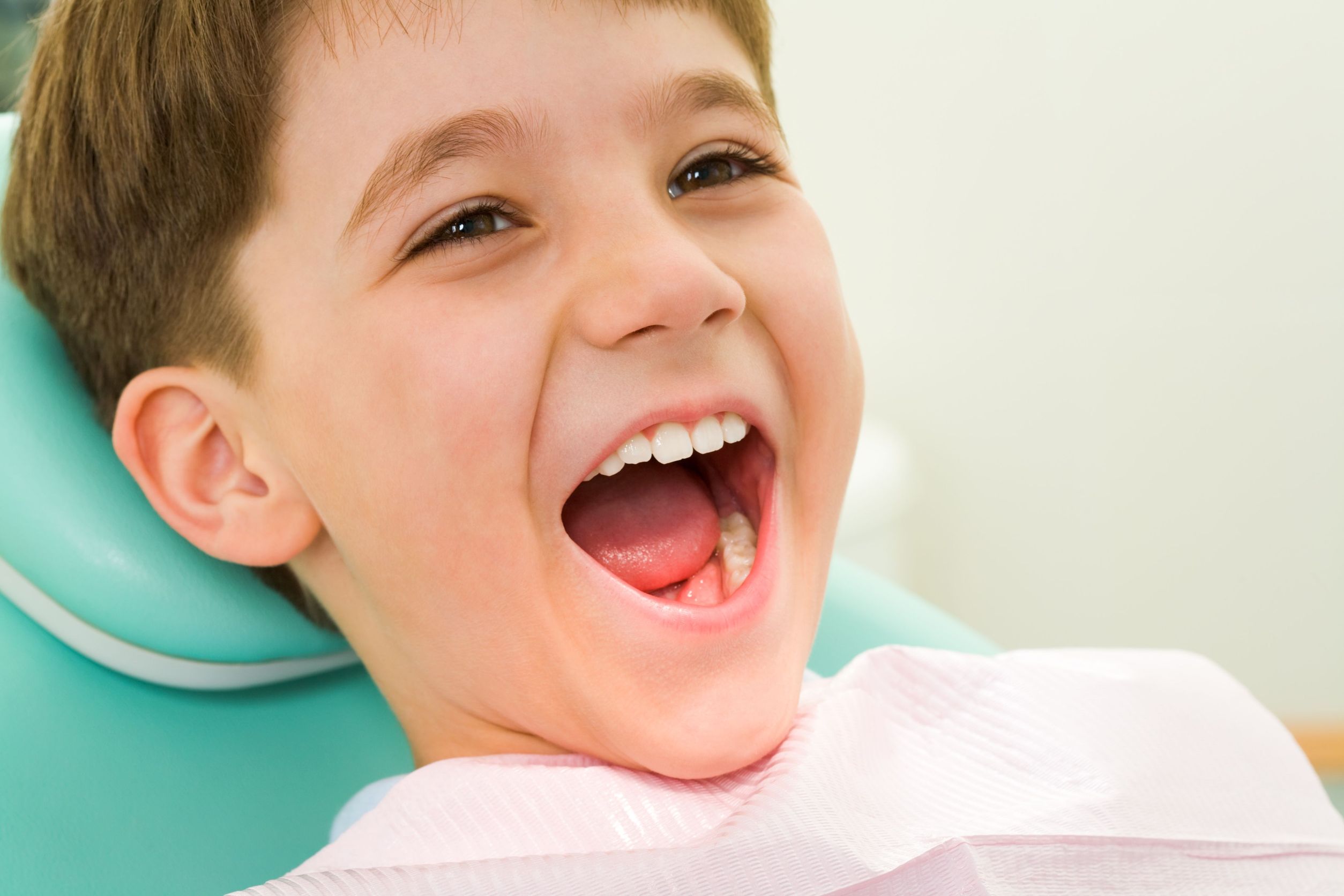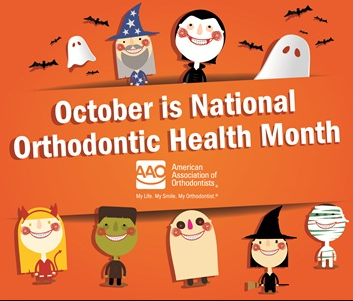With more than 1.2 million U.S. adults currently sporting braces, celebrate National Orthodontic Health Month by learning more about orthodontists and how they do more than give people a better-looking smile.
According to MouthHealthy.com, orthodontics and dentofacial orthopedics is the formal name of the dental specialty concerned with the diagnosis, prevention, intervention, guidance and correction of bad bites.
The purpose of orthodontic treatment is to create a healthy bite — straight teeth that properly meet opposing teeth in the opposite jaw. A good bite makes it easier for you to bite, chew and speak.
If your teeth are crowded, protrusive, spaced too far apart, meet in an abnormal way or do not meet at all, correction may be recommended. If you have an abnormal bite your dentist may recommend braces or another orthodontic treatment to straighten out your smile. Correcting the problem can create a nice-looking smile, but more importantly, orthodontic treatment results in a healthier mouth. Not correcting an abnormal bite could result in further oral health problems, including tooth decay, gum disease, tooth loss and jaw problems.
Braces and aligners are the “appliances” orthodontists most commonly use to guide your teeth into their proper positions. Retainers preserve and stabilize the results of your orthodontic treatment.
Since abnormal bites usually become noticeable between the ages of 6 and 12, orthodontic treatment often begins between ages 8 and 14. Treatment that begins while a child is growing helps produce optimal results. In the past, orthodontic treatment was associated with children and teens, but today many adults seek orthodontic treatment to correct long-standing problems, or problems that stem from maturational changes.

First Pediatric Orthodontist Visit
The goal of the first appointment is to determine if treatment is needed and, if so, where to start. A thorough clinical examination is given. Photographs and x-rays of the teeth and mouth will be taken. The orthodontist will give a diagnosis, explain any...

Tips For Adults With Braces
When you have braces on teeth, those teeth need extra attention to protect them from decay, staining and gum disease. You should also take precautions to avoid damaging the braces. For example, activities to avoid include eating chewy or sticky sweets,...

Back To School Tips With Braces
Here are some back to school tips to take care of those braces. Toothbrush & Toothpaste - yes, we know. It sounds strange, right? Well it's not! Oral hygiene is always important but it's especially important for braces wearers so make sure you brush...

